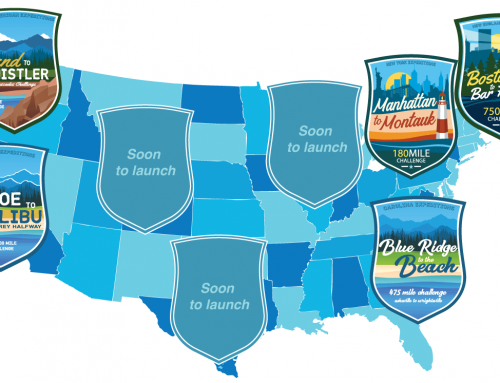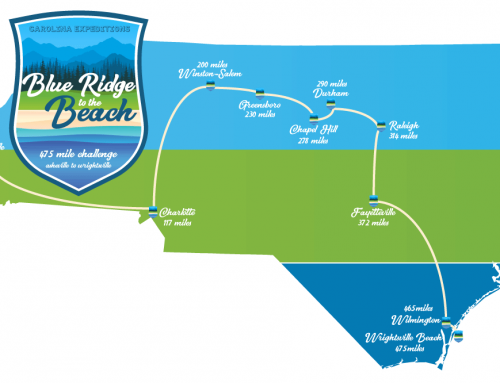By Esther Dill
Those of us who like to run are living for the fall race season. As runners, we commit to our race goals early in the spring, especially if we want to register for the more popular marathons. We make hotel reservations and launch our training programs. We are willing to wake up before dawn for our long runs and we reward ourselves afterwards with coffee, bagels, and camaraderie as we share our pain and triumphs with our running pals – the only friends who really understand. In the weeks to come, many of us will begin to peak, taper, and run our races.
Ah, I just love this time of year.
As the big race day approaches, make sure nothing interferes with your success. Watch out for last-minute injuries, illnesses, or mistakes on race day. Most marathon veterans have learned from past mistakes, yet old bad habits can be hard to break. Here are some pre-race and marathon day tips for a fun run and successful finish.
The Week Before
Your immune system is fragile after all those long miles. Arm yourself with Vitamin C, Zinc, and Airbourne to boost your immune system. While there is no need to seal yourself in an airtight anti-germ chamber, do try to stay away from people with colds (if you can), wash your hands often, and get eight hours of sleep each night. Hydrate and eat healthy meals that include plenty of fresh fruits and vegetables. You don’t need to “over load” on carbs the night before your race. It’s better to eat your big carb meal two days before your race. Then eat a smaller meal the night before.
The Night Before
Plan ahead: Lay out your running gear the night before race day. You do not want to find yourself scrambling to find your safety pins for your bib early in the morning. Even worse, you don’t want to be at the starting line and realize you forgot your Garmin, energy gel, or anything else you may need.
On race day
Start slow: Remember, conserving energy is critical in distance running, especially when it comes to running a marathon. It’s better to be patient in the early miles when there are lots of other runners at the starting line. You can waste a lot of energy when you speed up to pass and slow down to weave between other runners.
Maintain a steady pace: Once you break past the slower runners at the start, it’s easy to speed. Remember to maintain your pace so you do not run out of steam too early.
Aid stations: Before the race, know how far apart aid stations will be located and plan how often you will need to consume fluids or gels. Drink early and often, especially on a hot day. After mile 20 you may be well hydrated and can go the distance without taking additional fluids.
Carry your own fuel: Consuming energy gel or sport beans are a great way to replenish carbs (glycogen) during the run. Both are lightweight, small, and easy to consume. Make sure to eat just before reaching an aid-station so you can wash it down with water.
Eat safe: Do not eat anything before or during the race that you have not consumed during training. Introducing a new type of food to your body may lead to an upset tummy.
After The Race
Keep moving and stretch: It really helps prevent stiffness if you resist the urge to plop down and rest. Walk around for 10-15 minutes and bring your heart rate down. Be sure to get a good stretch after the finish and keep stretching over in the next few days. A massage can help alleviate soreness too.
Enjoy a post-race snack: Shortly after the finish, snack on a banana, bagel, energy bar or other foods to replenish nutrients. Wash it down with water or sports drink.
Smile: Look for the professional photographers at the finish line. Hold your medal proudly and smile.
Celebrate: Post selfies on social media. Enjoy a well deserved celebration dinner and drink. Just make sure you don’t overdo the calories or alcohol.
Esther Dill has completed 30 marathons, including two at Boston. She holds a Road Runner’s Club of America coaching certification and believes running is about fitness, accomplishment, and community. She is available at www.marathon-mommy.com.







